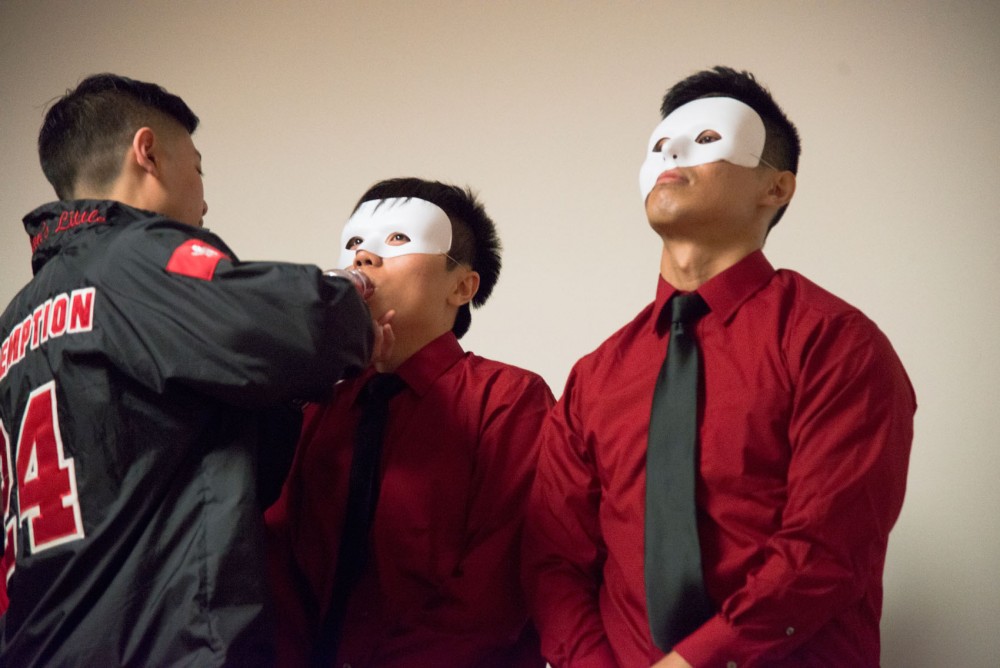Sarah Sham struggled to form close bonds with the sorority sisters she pledged with during her freshman year.
So the University of Minnesota international student left the traditional greek chapter to help charter a new group on campus, the national Asian-interest sorority Sigma Psi Zeta.
“We couldn’t really find anything that suited [my friends and I],” said Sham, who’s now the sorority’s vice president.
Last fall, Sigma Psi Zeta joined the University’s Multicultural Greek Council, the governing body for nine multicultural and culturally specific chapters. It’s one of two diversity-based greek councils that have formed on campus in recent years.
Like the University’s undergraduate population, greek life is mostly made up of white students. But despite the lack of diversity, the University’s greek community hasn’t seemingly faced any high-profile issues with excluding minorities — unlike schools elsewhere in the country.
Leaders of multicultural and minority-based greek organizations say they serve to provide underrepresented populations with a place to feel included and comfortable. And while doing so, they’re aiming to ensure group members don’t feel isolated from the overall greek community.
Shaurya Rai joined the traditionally South Asian fraternity, Beta Chi Theta, to network and find a comfortable place on a campus, which is far from his home in New Delhi, India.
The computer science senior said the bonds of brotherhood and sisterhood that the greek community provides cross nationalities.
“I can definitely say they’re part of an extended family,” Rai said.


